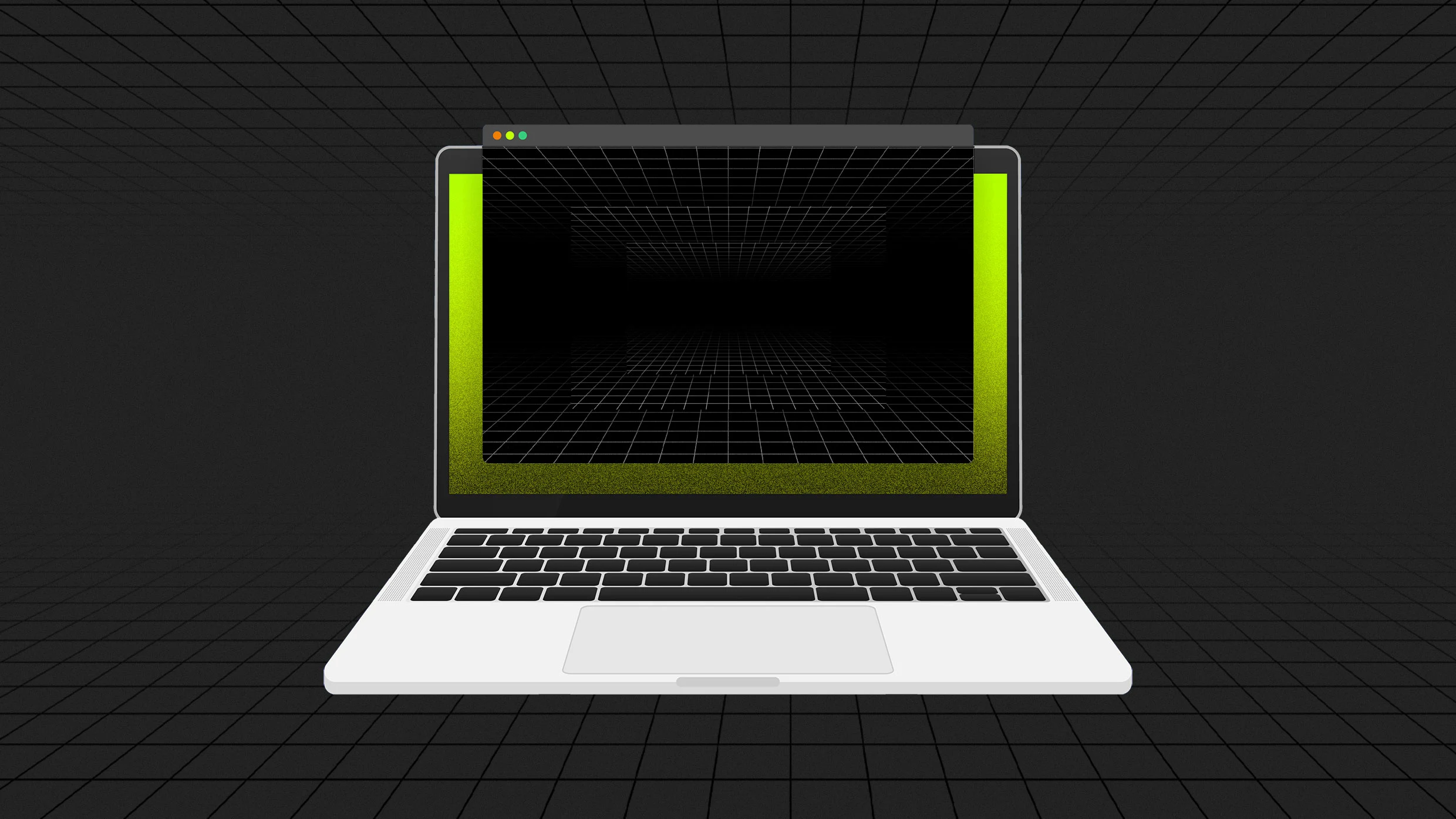
"Earlier this week, I had AI handle all of my grocery shopping. Using Perplexity's Comet browser, I provided a link to my shopping list on Google Keep, then asked it to put everything in my cart for a Kroger pick-up order, making sure to select previous purchase items when multiple options are available. Within a few minutes, Comet had picked out all the correct items-including the taco shells and fake meat we usually get for taco night-and plopped me onto the check-out page."
"This kind of scenario explains why so many AI companies are now trying to build their own browsers. Perplexity's Comet and The Browser Company's Dia both became widely available without an invite earlier this month, and OpenAI launched its own ChatGPT Atlas browser for MacOS last week. Opera has started previewing an AI-powered browser called Neon, and Microsoft Edge has an experimental "Copilot Actions" feature that can browse the web on your behalf."
An AI browser completed a Kroger pick-up grocery order by reading a Google Keep list, selecting previously purchased items, and landing on the checkout page within minutes. AI browsers aim to automate user interactions by routing searches to AI assistants and performing tasks on the user's behalf. Several companies have released such browsers, including Perplexity's Comet, The Browser Company's Dia, OpenAI's ChatGPT Atlas, Opera's Neon preview, and Microsoft Edge's Copilot Actions. AI browsers can remove friction from mundane online tasks but introduce important security, privacy, and usability trade-offs. Web browsers remain central to online data collection and user experience.
Read at Fast Company
Unable to calculate read time
Collection
[
|
...
]